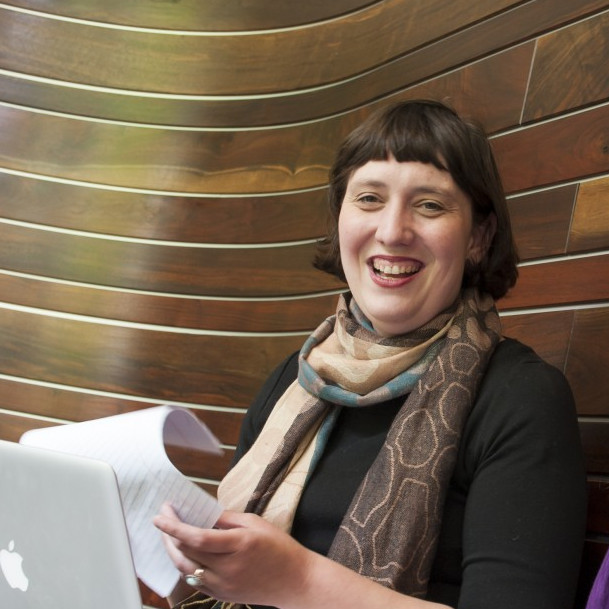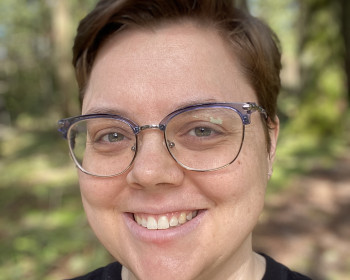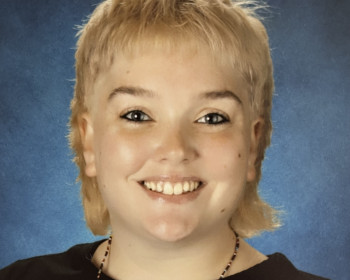Meet new faculty member Jessica Charles
Open gallery

Though she has studied and taught across the country, Jessica Charles, Director of the office of strategic partnerships and clinical placement, is a Portland Native. Charles attended Lincoln High School and has watched for years as the city’s school system and downtown character have matured. In her early career as an educator, she taught social studies in New York, witnessing the struggles of low-income students firsthand in Brooklyn. Later, she returned to the west coast to start two alternative schools in rural Oregon. Her experiences helped lend substance to her research on training teachers to navigate the tension between social obligations and individual freedoms. In her current position at Lewis and Clark, she guides graduate students to internships in local schools and clinics.
How did teaching social studies in high school deepen your understanding of work done for the public interest?
I love to teach and I have an interest in social, cultural, and political issues. It seems natural that I would choose those topics for my research, but I’m not sure it’s a linear path. As a teacher, I became really interested in the inequitable opportunities for kids that I witnessed in Brooklyn. I witnessed the same things in rural Oregon. Students with less money were less connected to the services they needed. I was also interested in how teachers prepare to sculpt students to be citizens.
What inspired you to contribute to the development of two schools in rural Oregon?
When I moved back to Oregon from New York, I helped to start a school that was a partnership between the local Job Corps in Astoria and the school district. The students in the Job Corps got a connection back to the high schools, and the high school students found more vocational opportunities. I also helped to start an alternative school in Hood River. There, we did a lot of learning through thematic studies. One year we studied Africa the whole year for math, science, language arts, and social studies. Several of the students then came on a trip with me to Africa.
How does your research explore the balance between individual freedom and obligations to society?
My dissertation research was actually on a police academy. I saw a connection between preparing teachers and preparing police. Both have to be prepared to make decisions in the public interest, and that decision-making requires thinking about both obligations to the public and ways to nurture and protect individual freedoms. What I found, basically, was that we should learn more about how police receive tacit messages about how they should navigate these tensions. I’m interested in the tacit messages teachers learn about how to balance civic obligations and individual freedoms in the classroom.
How can students benefit from your leadership in the Office of Strategic Partnerships and Clinical Placement?
This office looks to strengthen the relationship between the graduate school and the community and schools that we work with, and other sites where we place our professionals. We develop ways to work together with schools, and for our candidates to do student teaching and practica. It’s also about looking at the grad school as a whole. There are programs over the history of the grad school that have done this on their own, but this is a way of looking across the programs and asking what we can do for community partners.
How do you think through the graduate student’s internship/practicum experience?
We’re developing partnerships so we have a more holistic focus on creating opportunities at school sites. So, instead of having one student in one school, and another student somewhere else we are thinking about how we can have several students at one school and get the teachers and principals on board to nurture the growth of our students.
There are a couple of benefits to this approach. When we have fewer schools we can really devote our energy to the school. Another benefit is that the students can help each other think through the experience of being a teacher. The teachers who are serving as mentors can also support each other.
As a Portland native, what would you advise students to explore during their spare time?
Portland has changed a tremendous amount since I grew up here. My favorite places now are the Rose Garden and the Hoyt Arboretum. Also, I like all those restaurants in the Pearl District. It seems kind of quirky and quaint down there.
More Teacher Education Stories
Teaching is located in room 402 of Rogers Hall on the Graduate Campus.
MSC: 14
email lcteach@lclark.edu
voice 503-768-6104
fax 503-768-6115
Department
Teaching, School Counseling, and Leadership Studies
Chair
Mollie Galloway
Elementary Program Director
Linda Griffin
Secondary Program Director
Liza Finkel
Administrative Specialist
Shanta Calem
Teaching
Lewis & Clark
615 S. Palatine Hill Road MSC 14
Portland OR 97219

